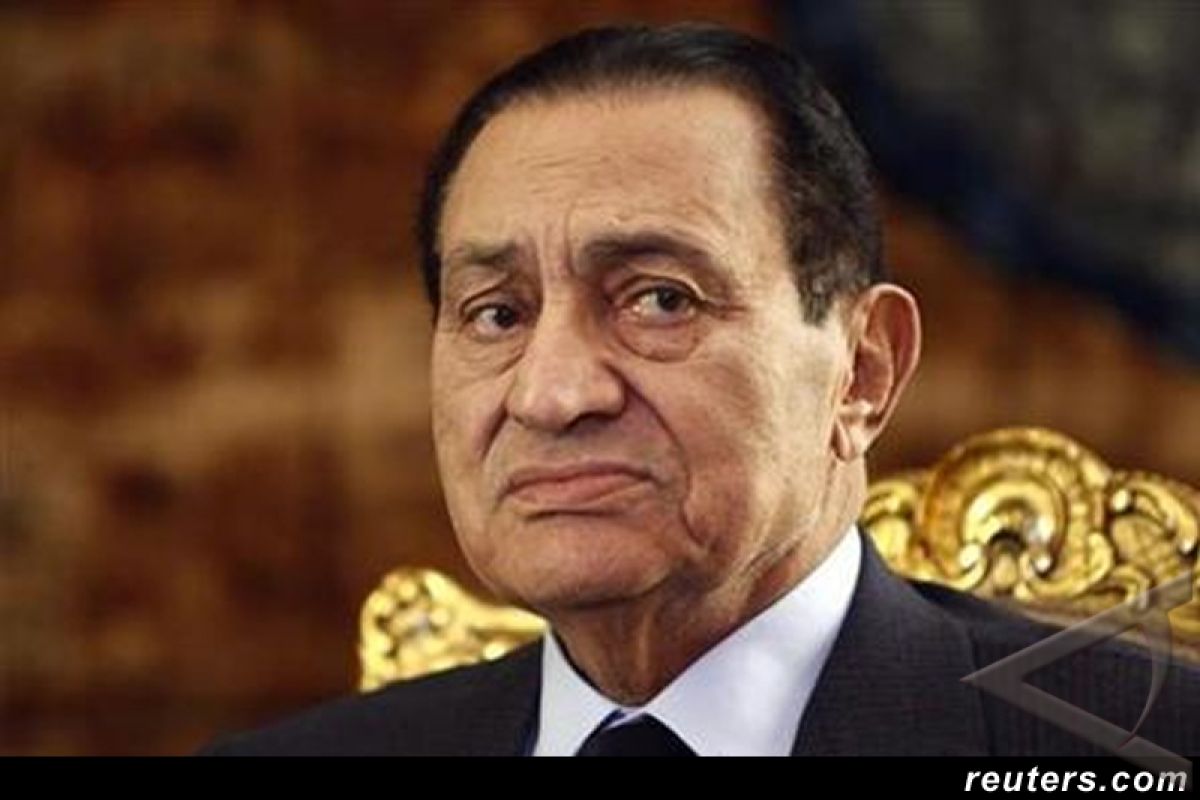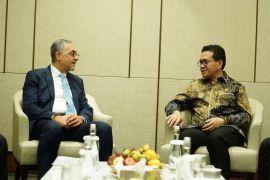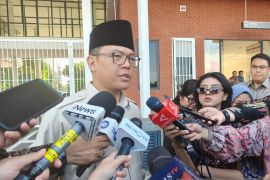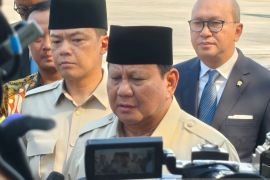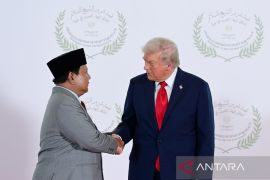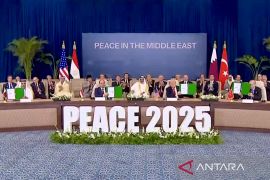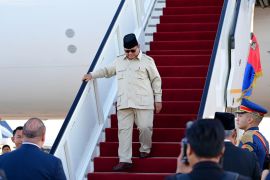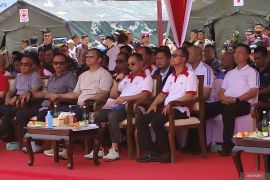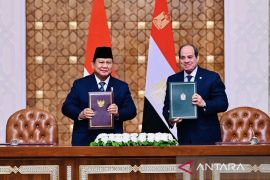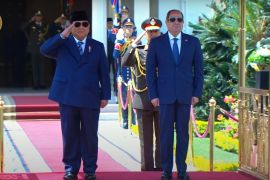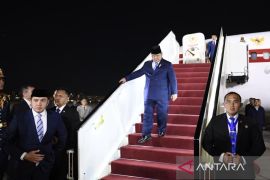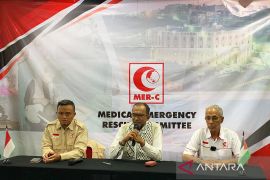I was very unhappy about yesterday. I do not want to see Egyptians fighting each otherWashington (ANTARA/AFP/Reuters) - Washington (ANTARA News) - President Hosni Mubarak told ABC in an interview on Thursday that his government was not responsible for the violence in Cairo`s Tahrir Square and blamed the opposition Muslim Brotherhood.
"I was very unhappy about yesterday. I do not want to see Egyptians fighting each other," Mubarak was quoted as saying in an early snippet of the interview with ABC correspondent Christiane Amanpour.
"He told me that he is troubled by the violence we have seen in Tahrir Square over the last few days but that his government is not responsible for it," Amnapour said in her account of the interview.
"Instead, he blamed the Muslim Brotherhood, a banned political party here in Egypt," she said.
Meanwhile Egypt could see larger protests and serious confrontation on Friday, the State Department said as U.S. diplomats pressed Egypt`s government to help stop a wave of violence against journalists.
"I don`t think these are random events," State Department spokesman P.J. Crowley told a news briefing on Thursday after journalists reportedly came under attack as they sought to cover protests against Egyptian President Hosni Mubarak.
"It could well be this is in anticipation of events tomorrow ... we are bracing for a significant increase in the number of demonstrators on the streets and with that, given yesterday`s events, the real prospects of a confrontation."
Crowley said the United States wanted to see the Egyptian government and opposition groups start serious negotiations immediately . Washington believes elements close to the government or Mubarak`s ruling party were responsible for Wednesday`s widespread violence against protesters, he said.
"I don`t know that we have a sense of how far up the chain it went," Crowley said.
Crowley said U.S. Secretary of State Hillary Clinton would make a statement later on Thursday about the violence against the journalists, signaling that this was a key priority for the Obama administration.
Egypt`s government on Thursday struggled to regain control, inviting Islamist opponents to political talks as protesters demanding the overthrow of Mubarak continued to battle with his supporters.
Crowley, repeating a carefully calibrated line from Washington on how to handle the future of Mubarak -- a longtime U.S. ally -- said Washington was still pressing for orderly but real political change on the ground.
"We want to see an orderly transition to free, fair and credible elections," Crowley said.
He added that current efforts by Mubarak`s newly appointed Vice President Omar Suleiman to talk to opposition figures were not broad or speedy enough to satisfy the aspirations of the Egyptian people.
"There has to be real negotiation starting now," he said.(*)
Editor: Aditia Maruli Radja
Copyright © ANTARA 2011
